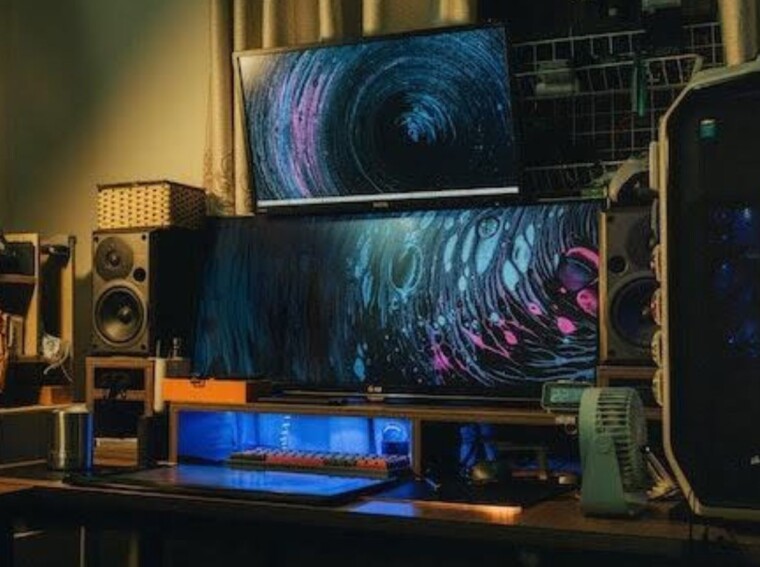Choosing the right gaming PC can feel overwhelming, especially if you’re just getting into the gaming world. With so many options, brands, and technical terms, it’s easy to feel confused about what matters and what doesn’t.
No matter what’s pushing you to make a change, you’re not alone. Many people, just like you, face this decision and don’t know where to start. The good news is, you don’t need to be a tech expert to pick the right gaming PC. You just need to understand the basics and make smart choices based on your needs and budget.
Know Why You Want a Gaming PC
Before you start looking at parts or brands, think about how you plan to use your gaming PC. Will you mostly play games like Minecraft or The Sims? Or are you planning to play high-end games like Cyberpunk 2077 or Call of Duty that need more power? Some people just want a machine for casual games and streaming. Others want a system that can handle virtual reality or high-quality video editing.
Your answer to this question will help guide every other decision you make. A solid mid-range gaming PC might be perfect for someone who plays a few hours a week.
Focus on the Graphics Card (GPU)
The graphics card is the heart of any gaming PC. It’s what brings your games to life, making everything look smooth, sharp, and colorful. If you skimp on the GPU, you’ll likely end up with choppy gameplay and poor graphics. This is one of the most important parts of your setup, so don’t ignore it.
Popular graphics cards from brands like NVIDIA and AMD offer a range of performance options. Even an entry-level card from these companies can deliver good results if you’re playing less demanding games. But if you’re aiming for ultra settings and high resolutions, you’ll want to invest in a stronger GPU.
Don’t Overlook the Processor (CPU)
While the GPU gets a lot of attention, the CPU plays a big role too. It handles tasks like game logic, physics, and background applications. A slow CPU can hold back even the best graphics card, which can lead to frustration during gameplay.
Look for a CPU with at least four cores and strong clock speeds. AMD Ryzen and Intel Core processors are both solid choices, depending on the generation and model.
Pay Attention to RAM and Storage
Another thing to watch for is how much RAM (memory) your PC has. For gaming, 16GB of RAM is a great place to start. It gives you enough memory for gaming and background apps without slowing things down. If you’re only getting 8GB, you might find your games stuttering or crashing, especially when multitasking.

As for storage, try to go with a solid-state drive (SSD). SSDs are much faster than traditional hard drives and can cut down game loading times dramatically.
Make Sure It’s Upgrade-Friendly
Even the best gaming PC today will eventually need upgrades. That’s why it’s smart to choose one that’s easy to upgrade in the future. Look for a case with enough room and a motherboard that supports newer parts. This makes it easier to add more RAM, upgrade your graphics card, or swap out storage when needed.
Buying a pre-built system is fine if it meets your needs, but double-check that the parts aren’t locked in or hard to replace. This way, you can keep your machine up to date without having to buy an entirely new PC.
